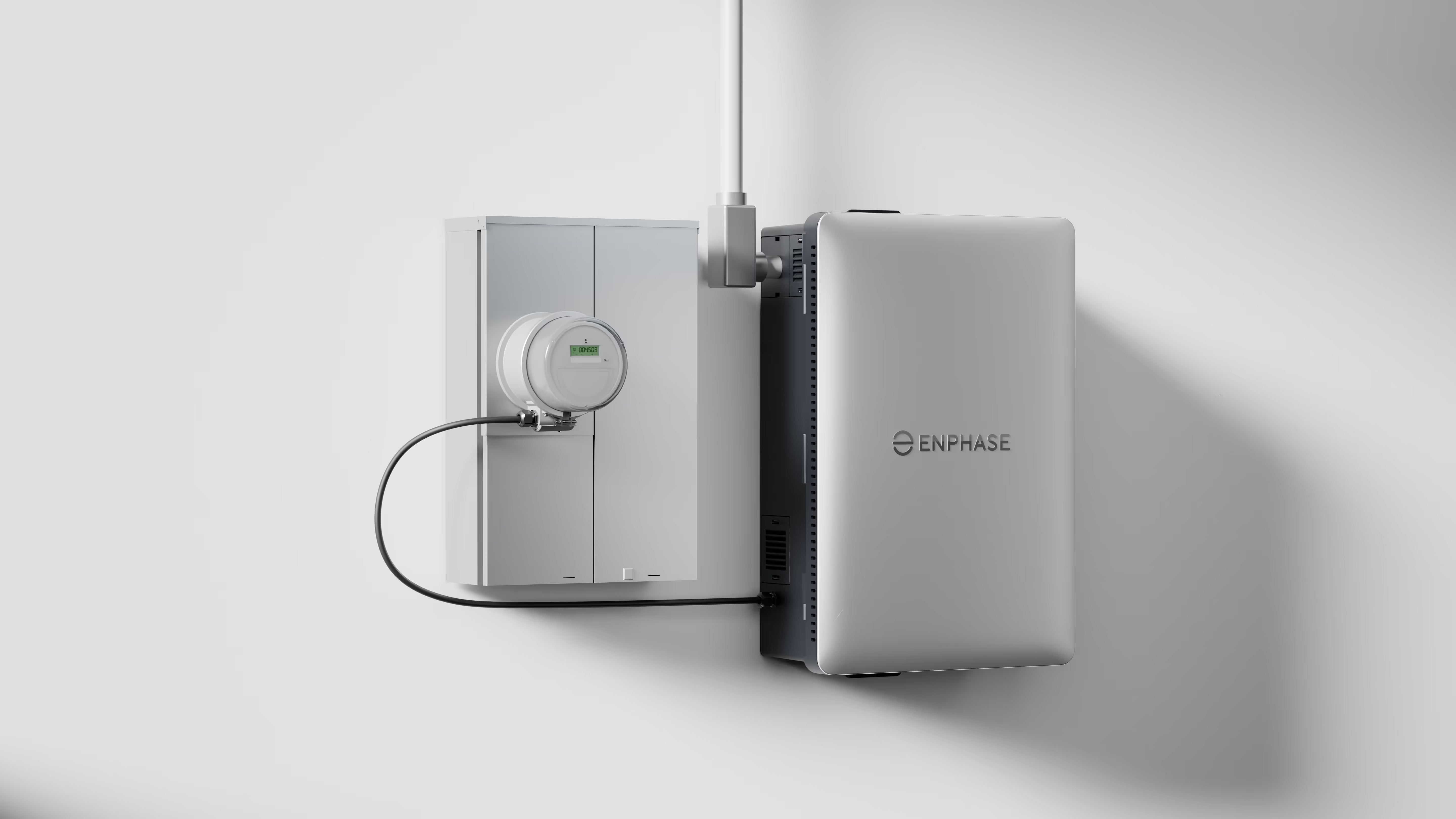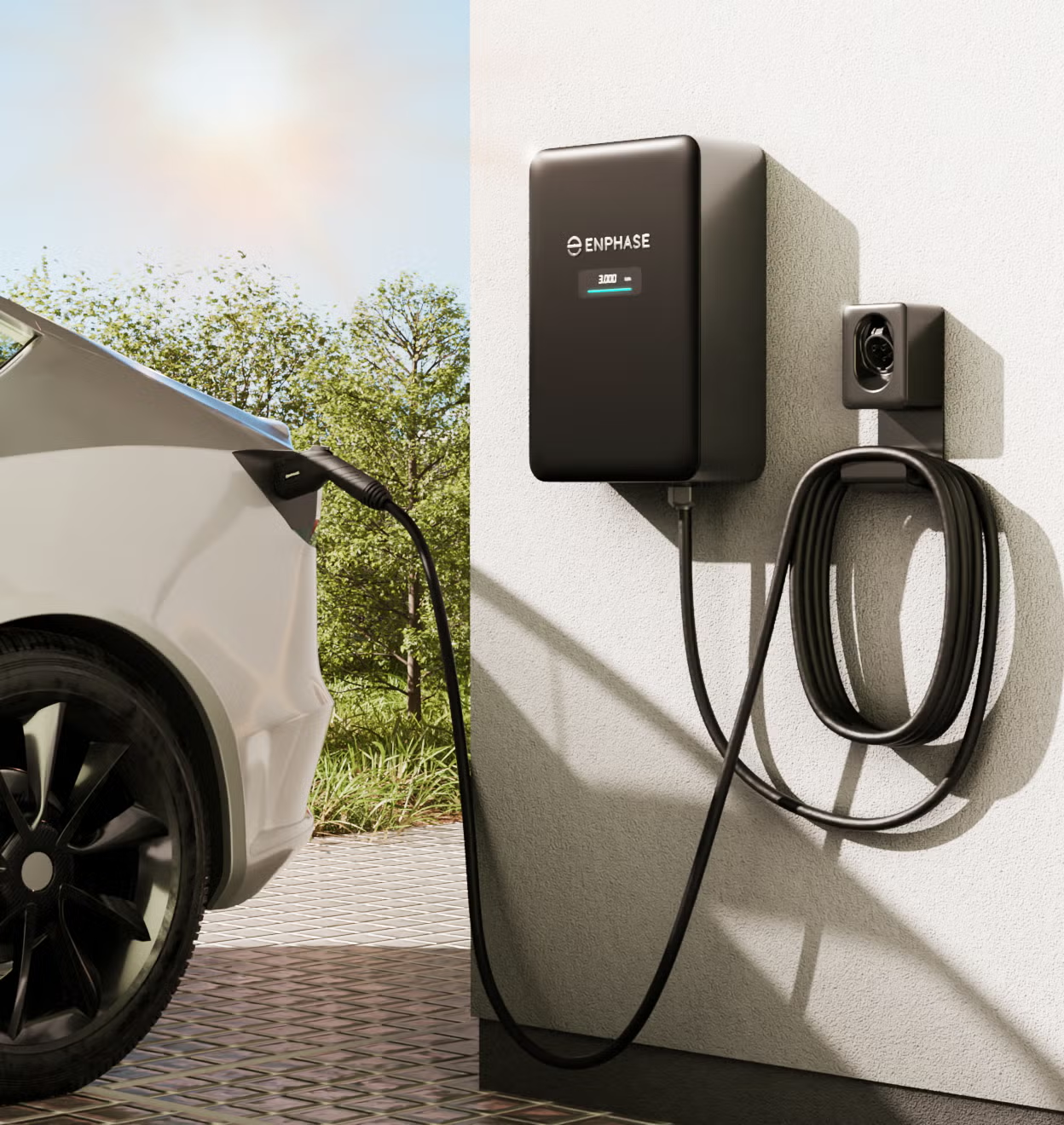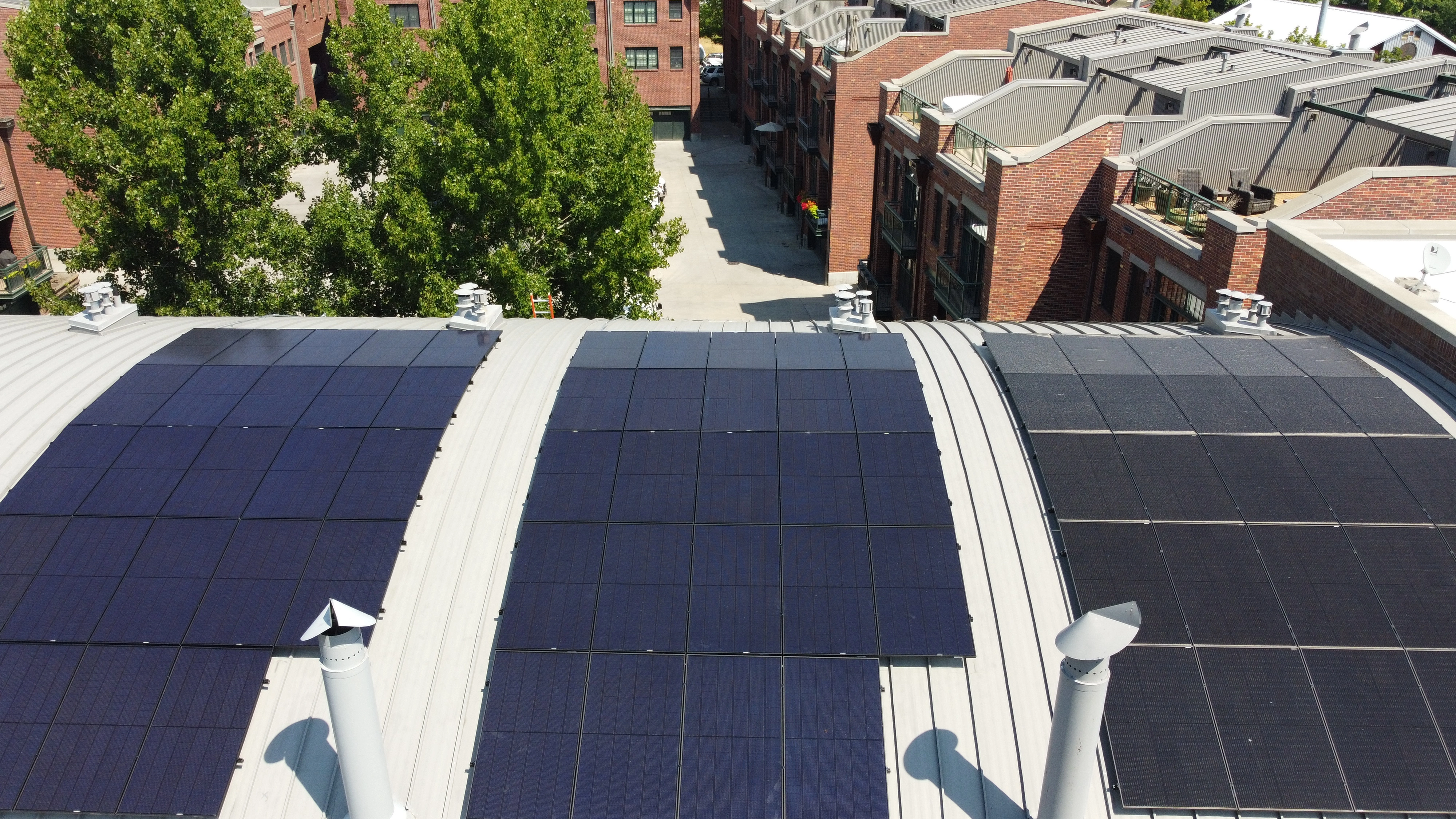Top Benefits of Installing Solar Panels for Home Use

1. Environmental Impact
One of the most compelling reasons to install solar panels is their positive effect on the environment. Solar energy is a clean, renewable resource that significantly reduces greenhouse gas emissions.
Reduction in Carbon Footprint
According to the U.S. Environmental Protection Agency (EPA), the average American household emits about 7.5 metric tons of carbon dioxide (CO2) annually from electricity consumption. By switching to solar energy, homeowners can drastically cut down these emissions. A typical residential solar panel system can offset approximately 3 to 4 tons of CO2 each year, equivalent to planting over 100 trees. This reduction not only contributes to cleaner air but also plays a crucial role in combating climate change, which poses a significant threat to ecosystems and biodiversity worldwide.
Conservation of Natural Resources
Solar energy harnesses the power of the sun, which is an abundant resource. Unlike fossil fuels, solar energy does not deplete natural resources or contribute to habitat destruction. By utilizing solar panels, homeowners are promoting a sustainable energy future that conserves vital resources for generations to come. Moreover, solar energy systems require minimal water for operation, in stark contrast to traditional power plants that consume vast amounts of water for cooling and processing. This water conservation is particularly important in arid regions where water scarcity is a pressing issue.
Promotion of Biodiversity
In addition to reducing carbon emissions and conserving resources, solar energy installations can also have a positive impact on local wildlife. When designed thoughtfully, solar farms can coexist with natural habitats, providing opportunities for habitat restoration and supporting local ecosystems. For instance, certain solar installations incorporate pollinator-friendly plants that attract bees and butterflies, thereby enhancing biodiversity. This dual-use approach not only maximizes land efficiency but also contributes to the health of the environment, allowing flora and fauna to thrive alongside renewable energy production.
Long-Term Sustainability
Investing in solar energy is not just a choice for immediate benefits; it is a commitment to long-term sustainability. As technology advances, solar panels are becoming more efficient and affordable, making them an increasingly viable option for homeowners. The lifecycle of solar panels also supports sustainability, as many manufacturers are now focusing on creating panels that are recyclable at the end of their lifespan. This shift towards circular economy practices ensures that the transition to solar energy is not only beneficial for the present but also responsible for the future, minimizing waste and promoting resource efficiency.
2. Financial Savings
While the initial investment in solar panels can be significant, the long-term financial benefits are substantial. Homeowners can experience significant savings on their energy bills and even generate income through various programs. The transition to solar energy not only contributes to a more sustainable future but also allows homeowners to take control of their energy expenses, making it a financially savvy choice in the long run.
Reduction in Energy Bills
Solar panels can drastically reduce electricity bills. According to the Solar Energy Industries Association (SEIA), homeowners can save an average of $10,000 to $30,000 over the lifespan of their solar panel system, depending on their location and energy usage. With net metering policies in many states, homeowners can sell excess energy back to the grid, further enhancing their savings. In addition, many solar panel systems come with warranties that last 20-25 years, ensuring that homeowners can enjoy these savings without the worry of maintenance costs eating into their budget. As energy prices continue to rise, the fixed costs associated with solar energy become increasingly appealing, providing a hedge against inflation.
Increased Property Value
Studies have shown that homes with solar panel systems sell for more than those without. A report from the National Renewable Energy Laboratory (NREL) indicates that homes with solar energy systems can command a premium of about 4% more than comparable homes without solar. This increase in property value can be a significant factor for homeowners considering solar installation. Furthermore, as the demand for renewable energy sources grows, homes equipped with solar panels are likely to become even more attractive to potential buyers. This trend is particularly evident in areas where sustainability is a priority for homebuyers, making solar panels not just an energy solution but also a strategic investment in real estate. Additionally, many buyers are willing to pay a premium for homes that promise lower utility bills and a reduced carbon footprint, further solidifying the financial advantages of solar energy systems.
3. Energy Independence
Solar panels provide homeowners with a sense of energy independence. By generating their own electricity, homeowners can become less reliant on traditional energy sources and utility companies.
Protection Against Rising Energy Costs
Energy prices have historically risen over time, and this trend is expected to continue. By investing in solar panels, homeowners can lock in their energy costs and protect themselves from future price hikes. This stability can be especially beneficial for families on fixed incomes or those looking to budget their monthly expenses more effectively.
Resilience During Power Outages
With the right setup, solar panels can provide electricity during power outages. Homeowners who invest in battery storage systems can store excess energy generated during the day for use at night or during emergencies. This capability enhances energy security and peace of mind.
4. Government Incentives and Rebates
Many governments offer incentives and rebates to encourage the adoption of solar energy. These programs can significantly reduce the upfront costs of solar panel installation.
Federal Tax Credits
In the United States, the federal government provides a tax credit for solar energy systems. As of 2023, homeowners can claim a credit of 26% of the total installation cost on their federal taxes. This incentive is set to decrease in the coming years, making now an ideal time for homeowners to consider solar installation.
State and Local Incentives
In addition to federal tax credits, many states and local governments offer their own incentives. These can include rebates, tax exemptions, and grants that further reduce the cost of solar panel installation. Homeowners are encouraged to research available programs in their area to maximize their savings.
5. Low Maintenance Requirements
Once installed, solar panels require minimal maintenance, making them a hassle-free energy solution for homeowners.
Durability and Longevity
Solar panels are designed to withstand various weather conditions, including high winds, hail, and heavy rain. Most solar panels come with warranties that last 25 years or more, ensuring long-term reliability. Regular cleaning and occasional inspections are typically all that is needed to keep them functioning optimally.
Monitoring and Performance Tracking
Modern solar panel systems come equipped with monitoring technology that allows homeowners to track their energy production in real-time. This feature not only helps in assessing performance but also in identifying any potential issues early on, ensuring the system operates efficiently.
6. Aesthetic Appeal
Solar panels have evolved significantly in design and technology, making them more visually appealing than ever before. This aesthetic improvement can enhance the overall look of a home.
Innovative Designs
Today’s solar panels come in various styles and colors, allowing homeowners to choose options that complement their home’s architecture. From sleek black panels to solar shingles that blend seamlessly with traditional roofing materials, there are designs to fit every aesthetic preference.
Community and Neighborhood Benefits
By installing solar panels, homeowners contribute to a growing trend towards sustainability within their communities. This can inspire neighbors to consider solar energy, fostering a collective commitment to environmental responsibility and energy independence.
7. Job Creation and Economic Growth
The solar energy industry is a significant driver of job creation and economic growth. As more homeowners invest in solar technology, the demand for skilled labor in installation, maintenance, and manufacturing increases.
Employment Opportunities
According to the U.S. Bureau of Labor Statistics, employment in the solar industry is projected to grow by 61% from 2020 to 2030, much faster than the average for all occupations. This growth not only provides job opportunities in local communities but also stimulates economic development in various sectors.
Supporting Local Economies
Investing in solar energy often involves hiring local contractors and suppliers, which helps bolster local economies. By choosing to install solar panels, homeowners contribute to the financial health of their communities while promoting sustainable practices.
8. Energy Efficiency and Innovation
Solar technology is constantly evolving, leading to improved efficiency and effectiveness in energy generation.
Advancements in Solar Technology
Recent advancements in solar technology have led to the development of more efficient solar panels that can convert a higher percentage of sunlight into electricity. Innovations such as bifacial solar panels, which capture sunlight from both sides, and solar tracking systems that follow the sun's path can enhance energy production.
Integration with Smart Home Technology
Solar panels can be integrated with smart home systems, allowing homeowners to optimize energy usage. Smart thermostats, energy monitoring apps, and automated energy management systems can work in tandem with solar panels to maximize efficiency and savings.
Conclusion
The installation of solar panels offers a multitude of benefits for homeowners, from environmental impact to financial savings and energy independence. As technology continues to advance and government incentives remain available, the appeal of solar energy is likely to grow. Homeowners considering this investment should weigh the numerous advantages against their individual circumstances and explore the options available in their area. With the right information and planning, solar panels can be a transformative addition to any home.
If you are looking to learn more about solar panel costs, financing options, incentives and more, contact National Solar, a top rated locally owned and operated solar energy company based in Bend, OR.
Calculate your potential energy cost without solar
Unlock affordable energy for life
Every project includes design, permitting, installation, and support from our award winning installation team.

Solar Panel Installation
Custom-designed rooftop solar systems that slash your electric bill.

Battery Storage
Store your daytime solar power for nighttime usage or power outages.

Ground Mounts
Ideal for properties without good roof access. Same savings, more flexibility.

EV Chargers
Power your electric vehicle at home for less, powered by your solar system.

Solar System Removal & Reinstalls
Getting a new roof? We’ll handle your solar removal and reinstall.

Commercial Solar
Cut operating costs, claim Oregon solar incentives and benefit from tax advantages.
